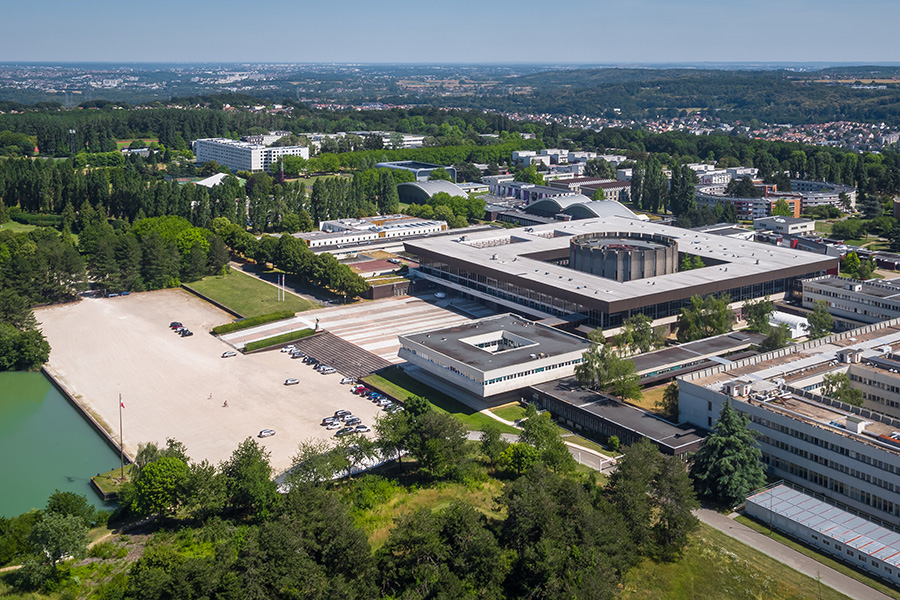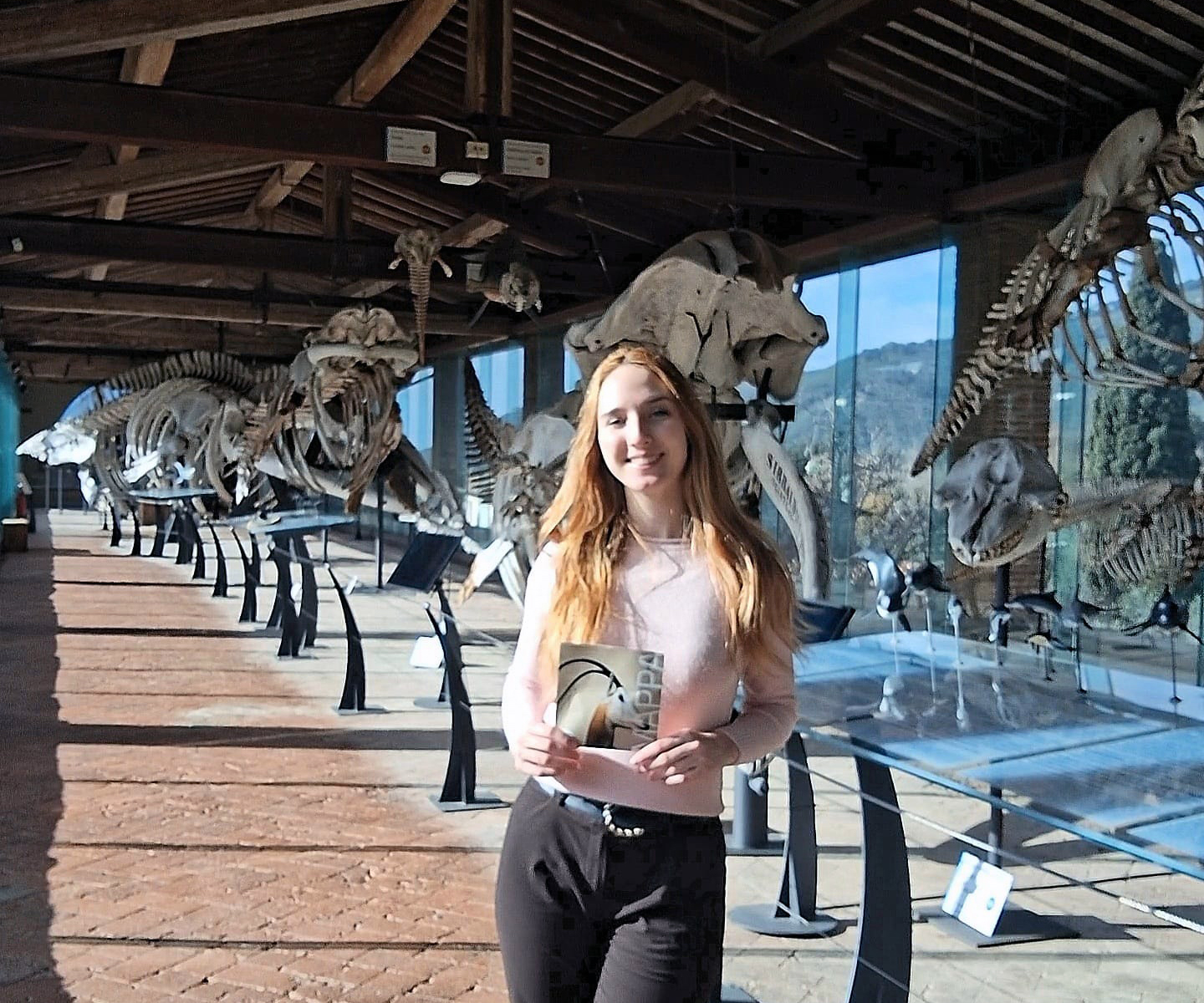The University of Pisa and the École Polytechnique have renewed their agreement for the double degree programme in Physics, which allows students from the prestigious French “Ingénieur Polytechnicien” course to complete their fourth year of study within the Master’s Degree Programme in Physics at the University of Pisa. Upon completion, students are awarded both the French degree from École Polytechnique and the Italian Master’s Degree in Physics from the University of Pisa.

Active since 2011, the partnership has expanded over the years through a range of joint scientific and academic initiatives. Launched in 2016, the double degree agreement is a concrete example of European cooperation in higher education.
Founded in 1794 as the “École centrale des travaux publics” and later militarised by Napoleon in 1804, École Polytechnique – often referred to as “l’X” – is one of most prestigious grandes écoles in France. It is renowned for its rigorous education in engineering, physics, and mathematics, and has played a crucial role in shaping France’s scientific and technical elite. Today, the École Polytechnique combines academic tradition, cutting-edge research, and a strong international outlook.
“I supported this agreement from the very beginning, knowing the high standard of physics and mathematics training at l’X,” says Professor Francesco Califano, a physicist at the University of Pisa who was involved in designing the programme from the outset, drawing on his existing collaboration with the Plasma Physics Laboratory (LPP) at École Polytechnique. “The double degree offers students the chance to experience different educational systems and teaching methods. Each year, I present this opportunity to our students not only for its academic value, but also as a way to experience another country and culture.”
Mario Di Luca was among the first students to obtain the double degree from the University of Pisa and École Polytechnique. After completing his Bachelor’s Degree Course in Physics in Pisa, he chose to continue studying abroad and in 2018 he successfully applied to the French programme. That same year, the awarding of the Nobel Prize in Physics to Professor Gérard Mourou, a lecturer at the École Polytechnique, provided him with an additional source of inspiration.

After completing the double degree in 2021, Di Luca went on to pursue a PhD in Physics at EPFL in Lausanne. Reflecting on his international experience, he notes that it took place “within the framework of European Union values and educational models,” allowing him to explore different approaches to the same field of knowledge and thus broaden his scientific perspective. “Being able to look at the same topic from multiple angles,” he concludes, “is one of the most important keys to successful international scientific collaboration.”



